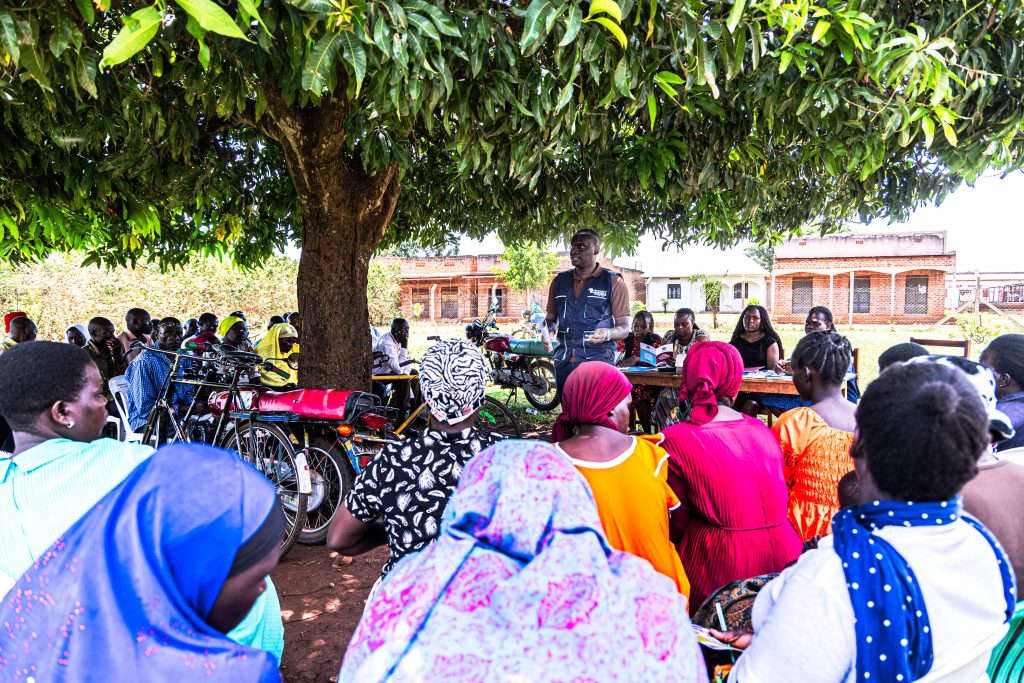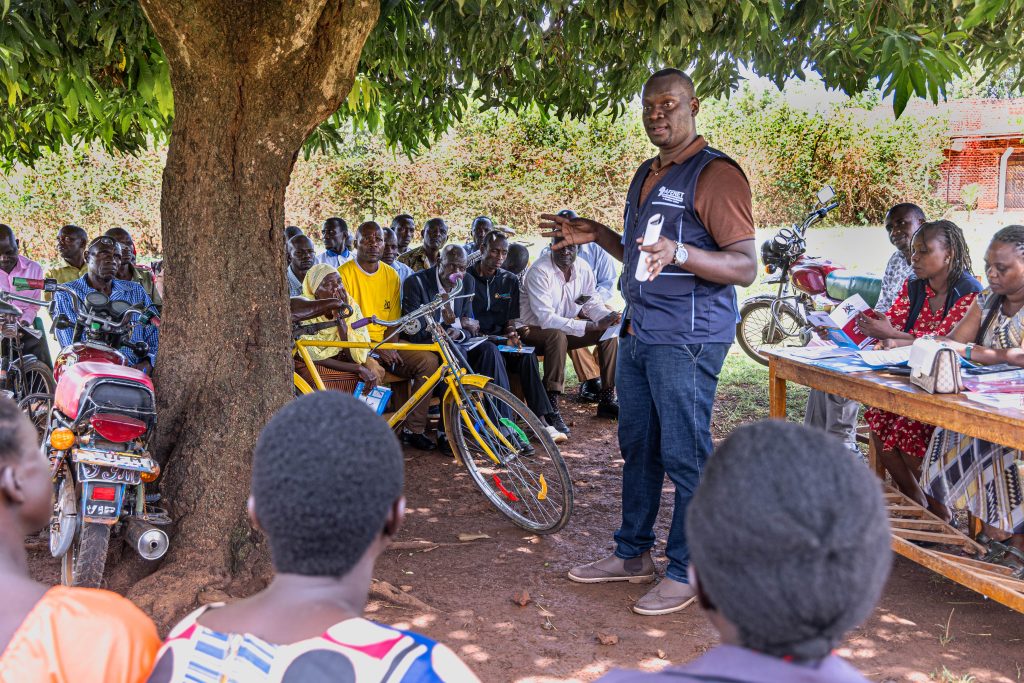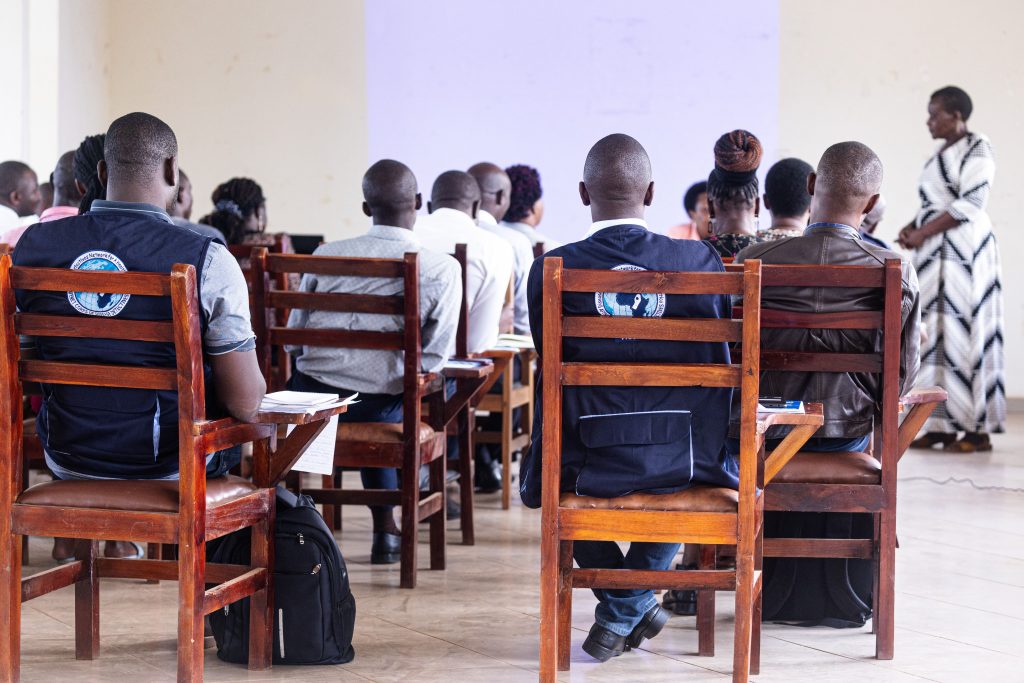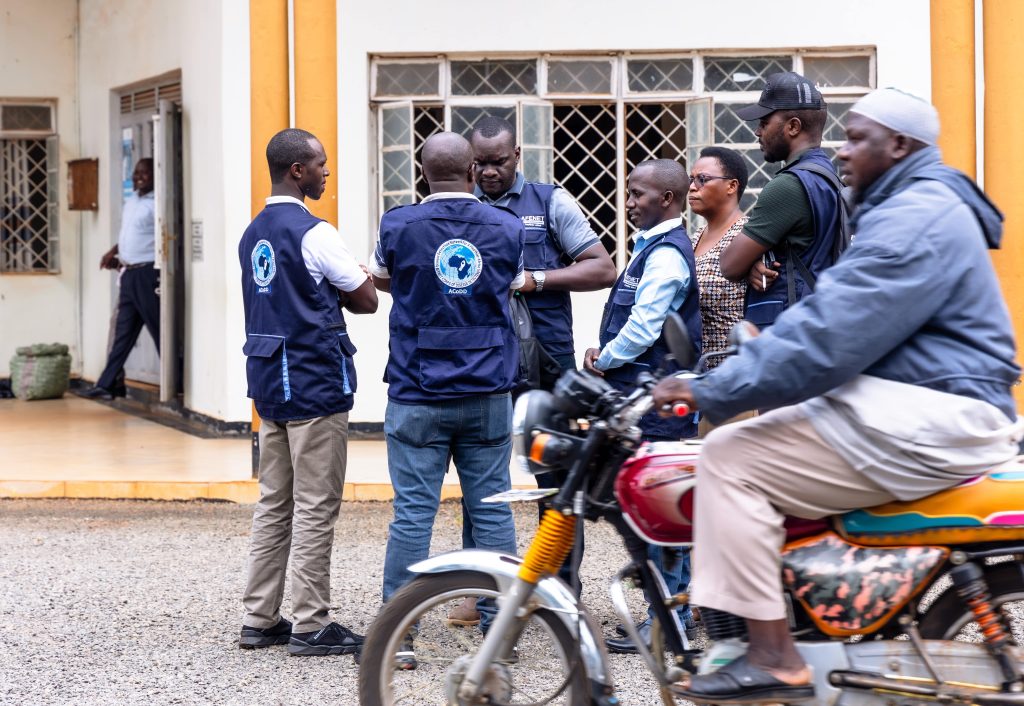Uganda Takes a Major Step in Malaria Control with Vaccine Introduction
-
by
AFENET


Uganda has made a significant leap in the fight against malaria by introducing the malaria vaccine to complement existing control interventions. This move comes in response to the country’s high disease burden, as Uganda is the third highest contributor to global malaria cases (5.1%) and the eighth highest contributor to global malaria deaths. Children under 5 years old are particularly vulnerable, accounting for nearly 80% of all malaria deaths in the WHO African Region.
Government-Led Efforts Supported by Partners
To ensure the successful introduction and nationwide rollout of the vaccine, the Government of Uganda, with technical and logistical support from the African Field Epidemiology Network (AFENET) and the US Centers for Disease Control and Prevention (US CDC), has undertaken robust preparations. A total of 108 out of 145 districts are being targeted based on their moderate to high malaria transmission rates.
Building Capacity and Engaging Communities
Several preparatory activities are ongoing to ensure smooth implementation. These include the orientation of district leadership, capacity building of healthcare workers, and training of village health teams. The training sessions are being conducted at both district and subdistrict levels to ensure widespread readiness. Social mobilization and community engagement are also key components of the rollout strategy, aiming to foster community acceptance and support.
Aiming for Malaria Reduction and Elimination
The introduction of the malaria vaccine is expected to accelerate Uganda’s efforts towards reducing and eventually eliminating malaria. By strengthening healthcare capacity and fostering community involvement, the initiative marks a critical step in protecting the most vulnerable, particularly young children, from this life-threatening disease.





